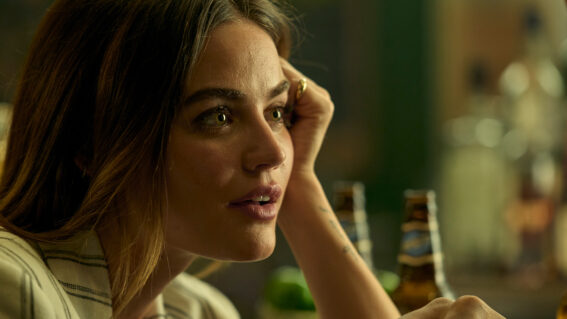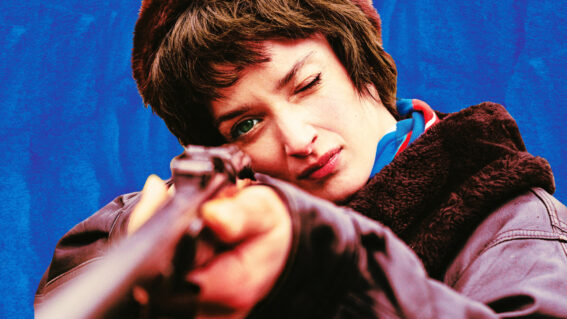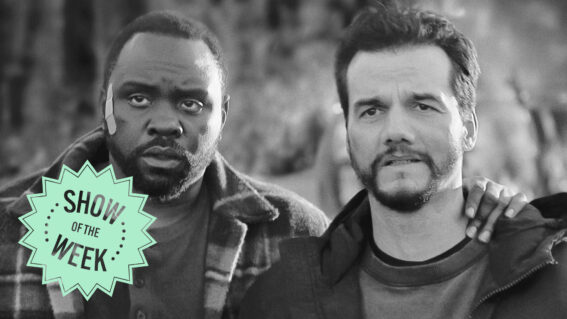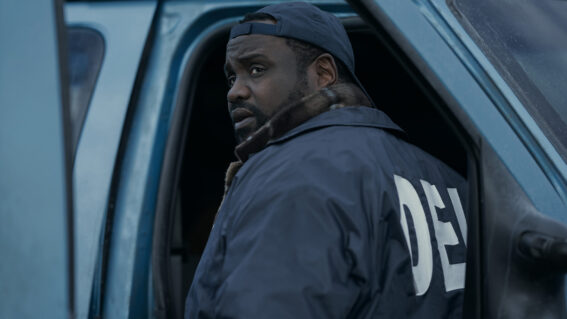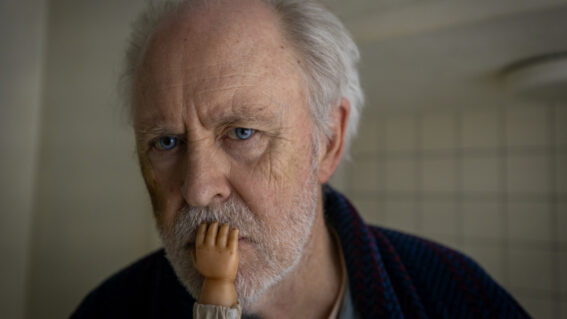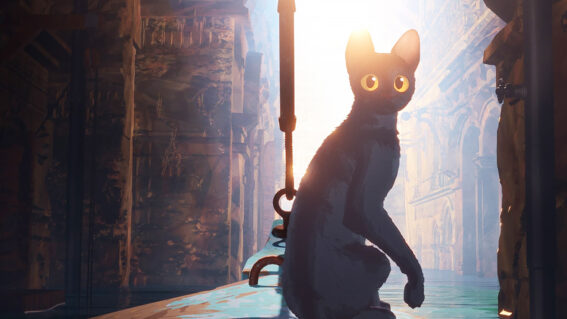God’s lonely men: the top 10 films directed by Paul Schrader
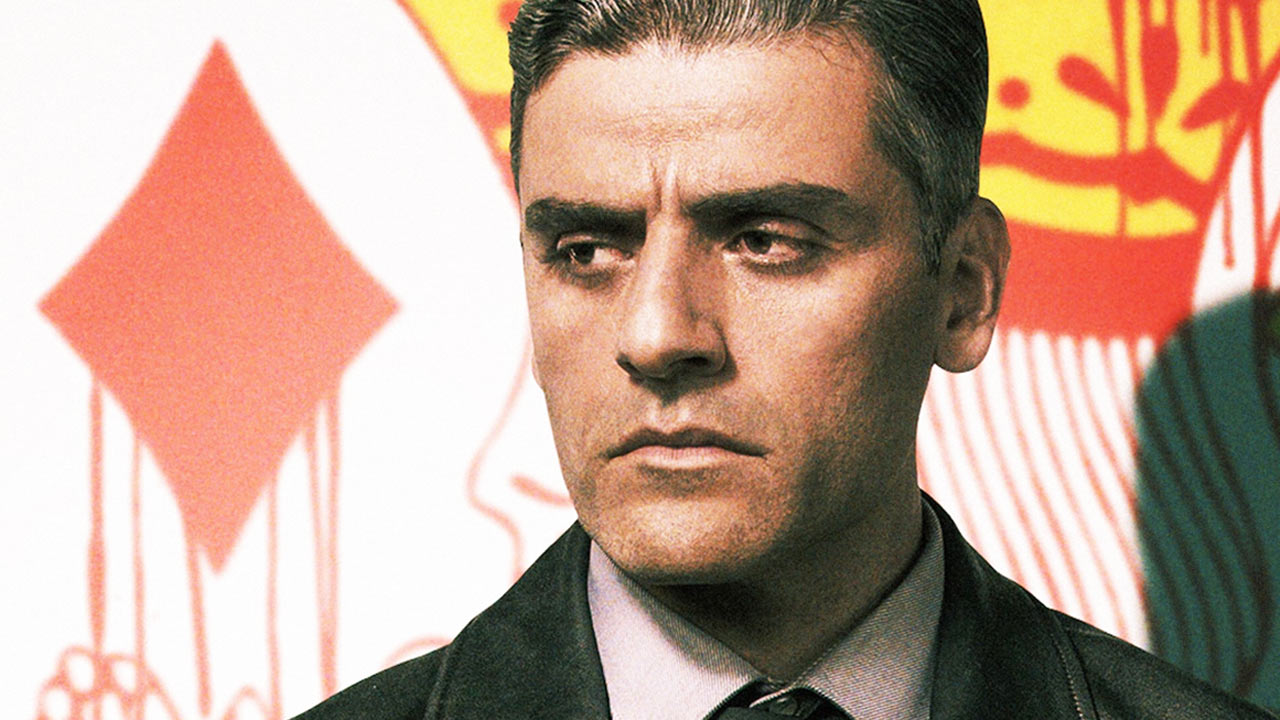
No-one does existential angst and moral torture better than the screenwriter of Taxi Driver. With his new film The Card Counter having arrived, Travis Johnson digs into Paul Schrader’s directorial oeuvre.
Raised in a strict Calvinist household, Paul Schrader didn’t see his first movie until he was 17. It certainly had an effect, though, and Schrader went on to become one of the most important figures in American filmmaking: first as a critic, then screenwriter (Taxi Driver, Raging Bull, Rolling Thunder, and more) and now as a director in his own right.
Fiercely intellectual, his works often deal with guilt-ridden men in the grips of an existential crisis, caught between their desires and their duties—even his script for The Last Temptation of Christ works with these themes. He’s a challenging artist and dipping into his work can be intimidating for the newcomer. Here then, are 10 of Schrader’s directorial efforts to grapple with.
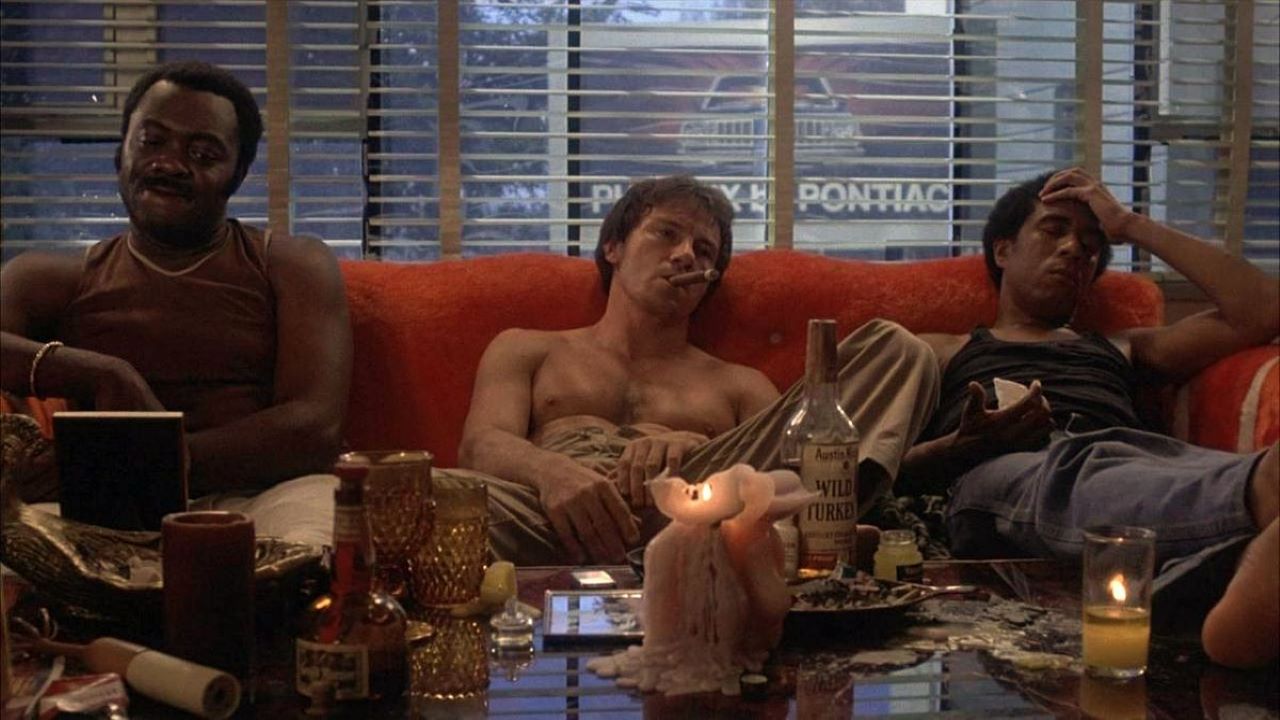
Blue Collar (1978)
Three dirt-poor auto-workers (Richard Pryor, Harvey Keitel, and Yaphet Kotto) plot to claw their way out of the ghetto by robbing their own union, only to learn that the economic and social forces arrayed against them will brook no dissent in the ranks. Schrader’s directorial debut is a gritty social realist joint set on the assembly lines and in the bars of Detroit, and features a blistering dramatic turn from Pryor.
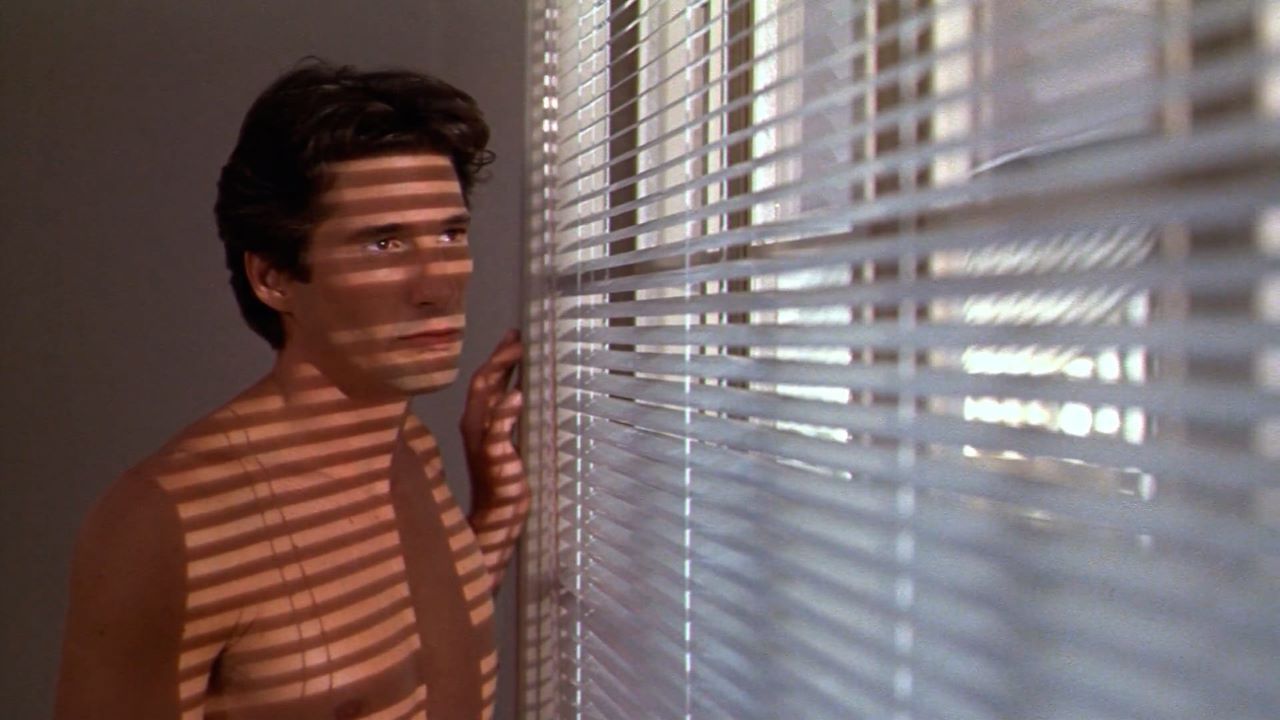
American Gigolo (1980)
Richard Gere’s breakout role sees him as a narcissistic sex worker who specialises in wealthy female clients. When he’s framed for the murder of one of them, his luxurious but hollow life comes crashing down around him, forcing him to confront the reality of who he is and what he does. Schrader will return to this character type again and again (Light Sleeper, The Walker, The Card Counter), but this early work, set in the decadent style-over-substance early 80s, still impresses today.

Cat People (1982)
Schrader’s remake of Jacques Tourner’s 1942 classic turns sexual subtext into text. Nastassja Kinski and Malcolm McDowell are brother and sister were-panthers who transform into ravenous beasts when sexually aroused—unless they have sex with each other. John Heard is the zoologist caught in the middle, in love with Kinski and threatened by McDowell.
The sultry New Orleans location add to the atmosphere of taboo sex and weird magic, while Giorgio Moroder’s soundtrack (featuring David Bowie) roots the film firmly in the 80s. A bit of an outlier in Schrader’s filmography, it still deals with his favoured themes of guilt, sex, and guilty sex.
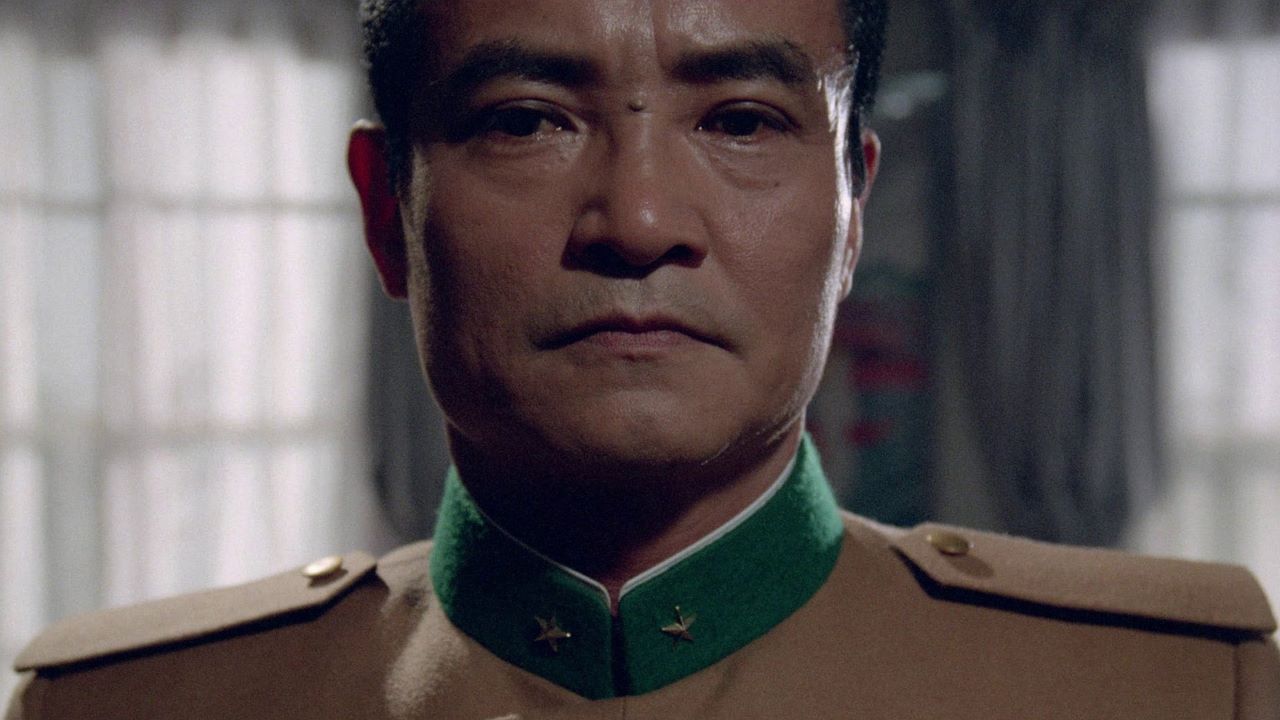
Mishima: A Life in Four Chapters (1985)
Painterly biographical study of Japanese writer Yukio Mishima (Ken Ogata), who in 1970 attempted to stage a coup to reinstall the Emperor as Japan’s head of state. Defeated, he committed ritual suicide. Schrader’s film intercuts episodes from Mishima’s life with dramatisations of scenes from his writing, contrasting the real with the ideal, the physical and the spiritual, the failings of the flesh, and the triumph of martial will. It’s a deeply uncomfortable film, but a fascinating one.
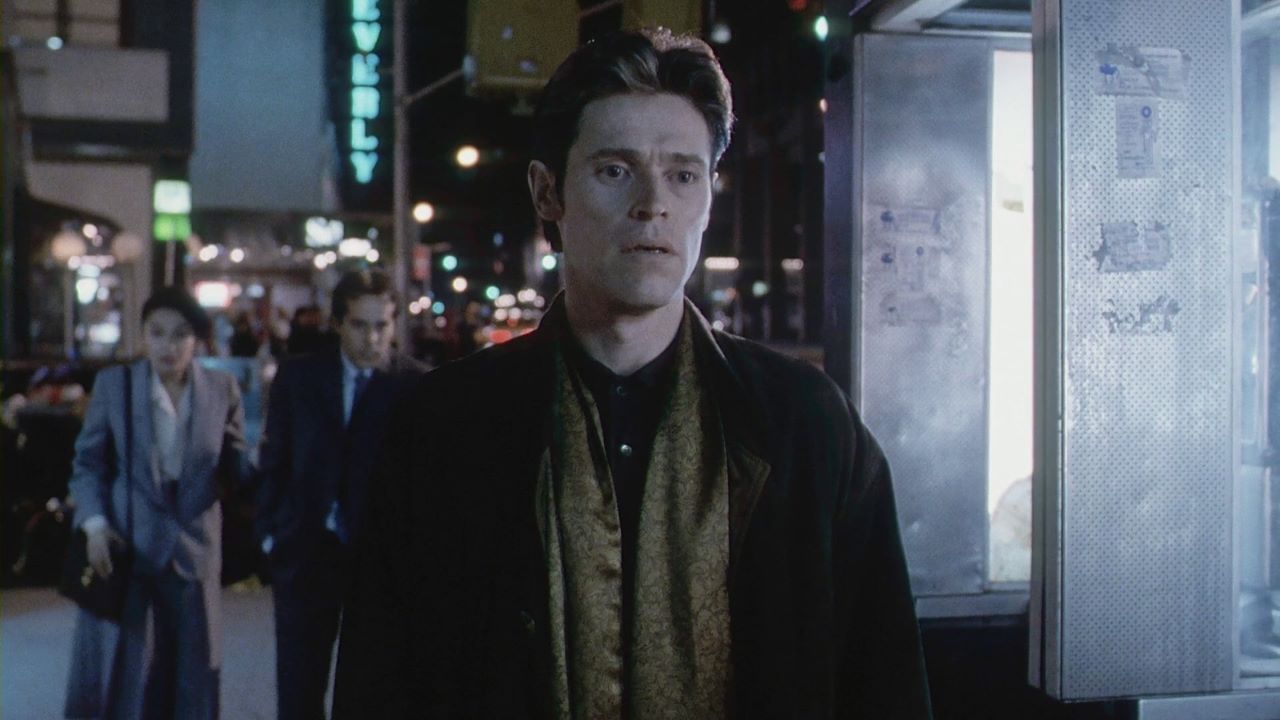
Light Sleeper (1992)
Willem Dafoe is a courier for Susan Sarandon’s drug dealer, delivering cocaine to Wall Street bankers. A recovering addict himself, he finds that even at a step removed drug culture is dangerous to both his health and that of his ex, Dana Delaney, when one of his clients (Victor Garber) plots to move from buyer to seller. You can see the parallels with Taxi Driver and American Gigolo, and the later The Card Counter, but Light Sleeper is elevated by a real sense of the brittle, gritty, late night drug demimonde, and a restrained, nuanced performance by Dafoe in the first of many collaborations with Schrader.
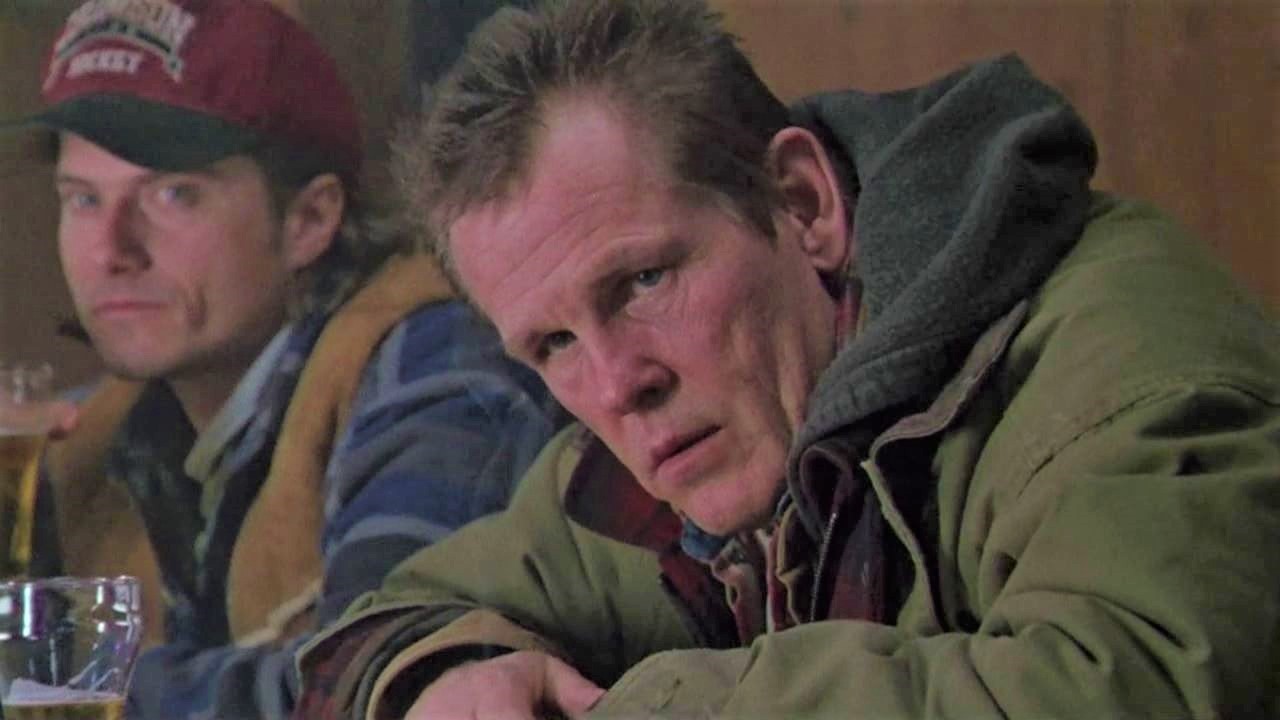
Affliction (1997)
Nick Nolte’s small-town cop Wade Whitehouse becomes convinced that a hunting accident was actually a murder to cover up a real estate scam in this adaptation of Russell Banks’ 1989 novel. But the mystery plot is merely a framework to explore notions of toxic masculinity, with Wade struggling to be a ‘real man’ like his alcoholic father (James Coburn, who picked up a Best Supporting Actor Oscar for his troubles), who abused both Wade and his brother (Willem Dafoe). One of Schrader’s bleaker films, and that’s saying something.
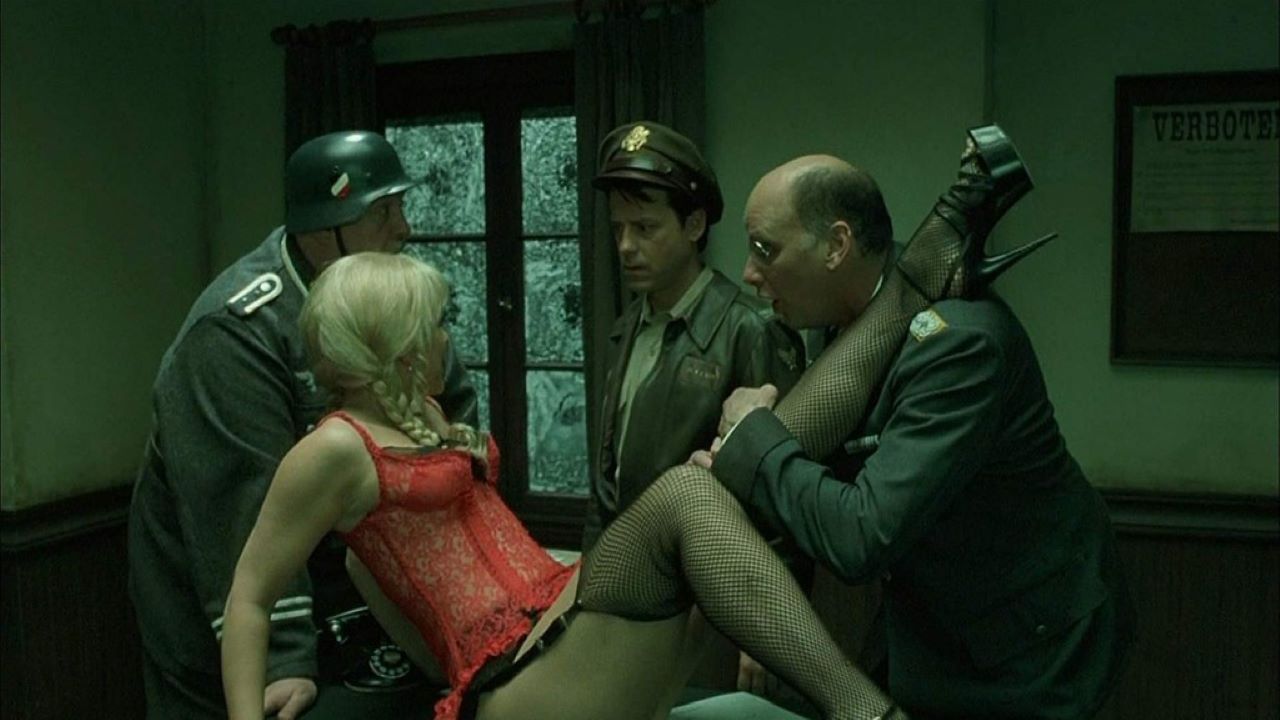
Auto Focus (2002)
When he wasn’t making Hogan’s Heroes, TV star Bob Crane (Greg Kinnear) was hitting the bars with electronics salesman John Carpenter (no, not that one: played by Willem Dafoe), using his fame to pick up women and seduce them, videotaping their trysts. Crane was eventually beaten to death in 1978, possibly by Carpenter, although the case remains unsolved. Another portrait of a man at odds with his own carnal nature, this is Schrader’s sleaziest film since 1979’s Hardcore, depicting Crane’s descent into sex addiction with skin-crawling clarity.
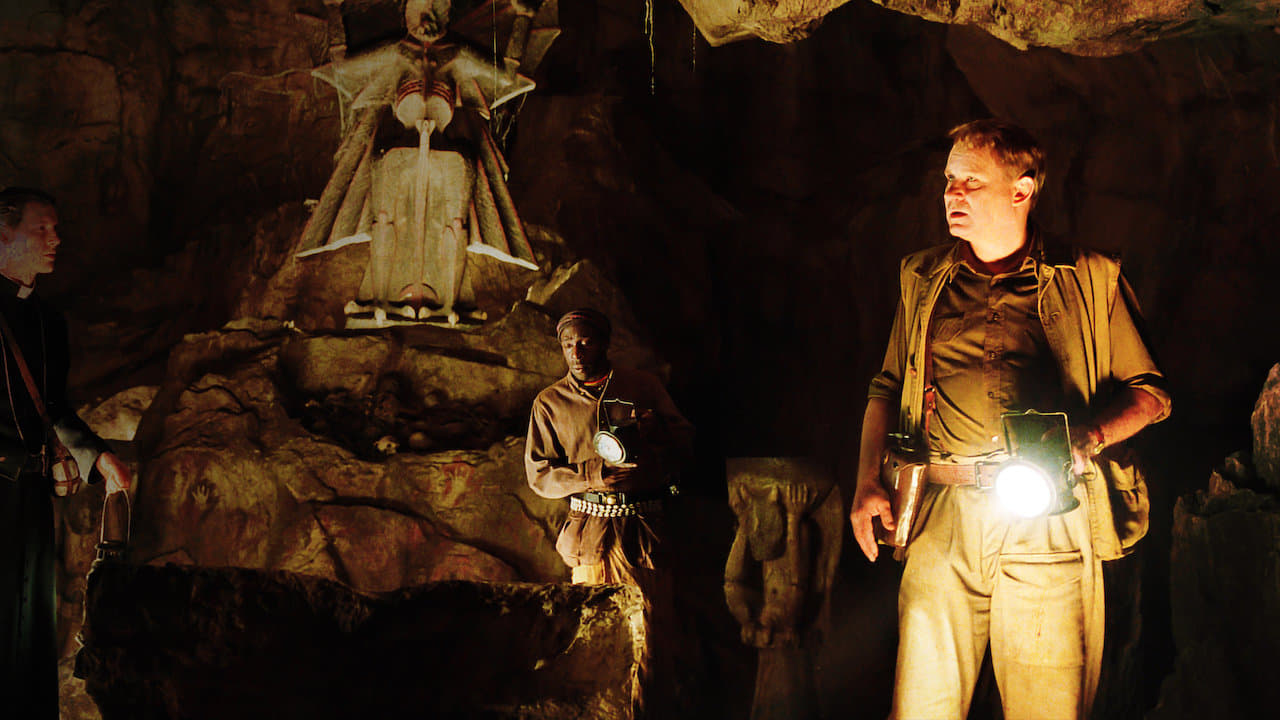
Dominion: Prequel to the Exorcist (2005)
Rejected by the studio for being uncommercial, Schrader’s film was almost completely retooled by Die Hard 2 director Renny Harlin to no good result. Schrader’s original take was given a limited release after, and although it received mixed reviews, the Calvinist filmmaker’s take on the deeply Catholic Exorcist universe is worth your time.
Stellan Skarsgård is Father Lancaster Merrin, scarred by his experiences under Nazi occupation during World War II and now doing missionary work in Kenya. Tortured by horrors of human evil, he finds himself confronting a much more elemental form of malice—the demon Pazuzu.
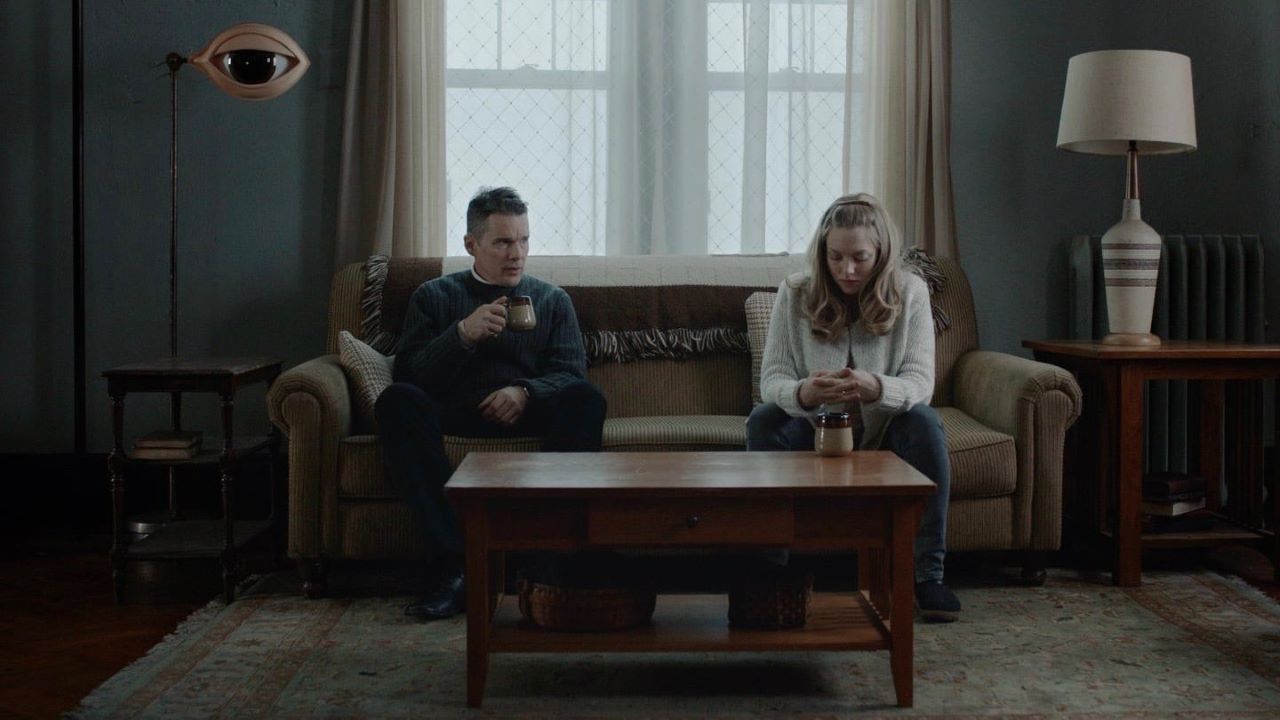
First Reformed (2018)
Ethan Hawke delivers a career-best turn as another of Schrader’s lonely men, Ernst Toller, an alcoholic pastor grappling with a crisis of faith as the 250th anniversary of his titular church approaches. When a member of his congregation is driven to suicide by anxiety over climate change, Ernst becomes the keeper of the man’s legacy and begins to wonder if faith has any place in a world rapidly approaching extinction. Schrader’s usual thematic concerns are filtered through our current political and ecological crises and the result is a punishing but essential film—and perhaps the cerebral director’s finest yet.
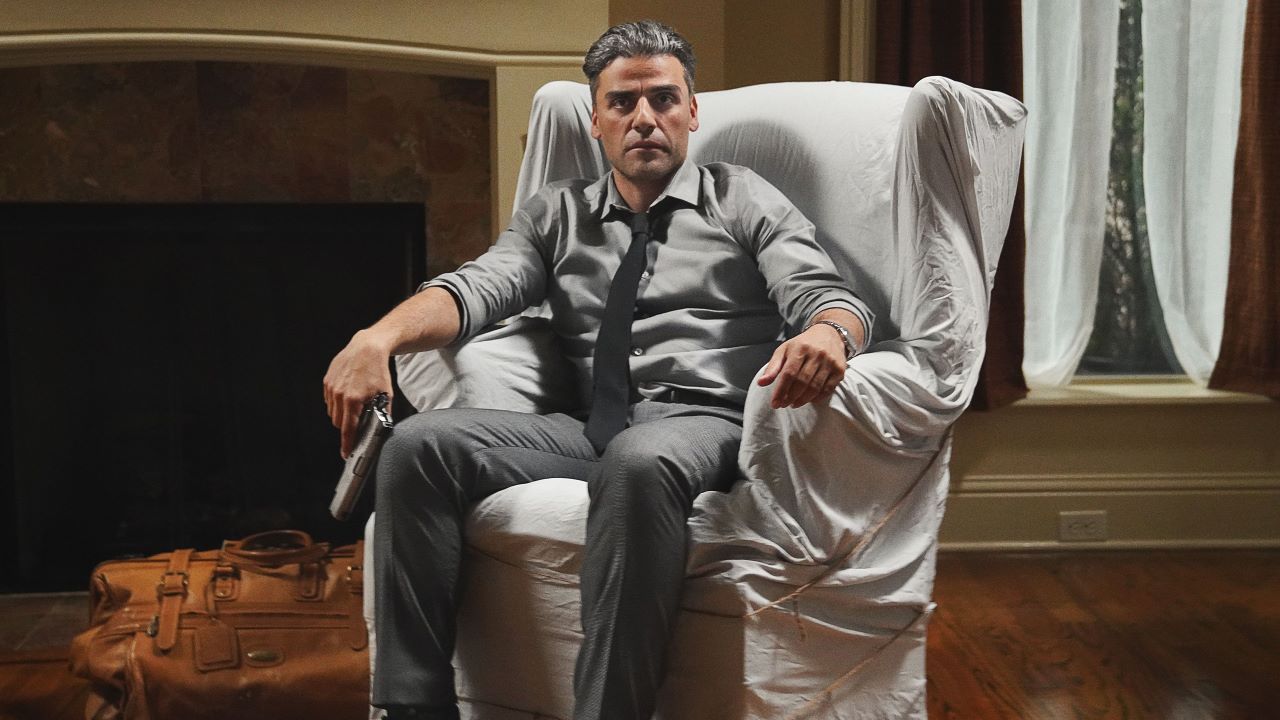
The Card Counter (2021)
Having served time for war crimes, William Tell (Oscar Isaac), a former army interrogator, is now a professional gambler drifting from casino to casino, earning just enough to stay alive, not enough to get noticed by the gambling bosses. When the son of a former comrade (Tye Sheridan) asks him to help assassinate the civilian contractor (Willem Dafoe) most directly responsible for the torture of prisoners on their watch, Tell must choose between revenge and a possible future with Tiffany Haddish’s gambling financier. Isaac’s stoic turn as a man desperate to completely control his life in the face of increasing moral compromise anchors this grim, utterly compelling look at guilt, grief, and gambling.








